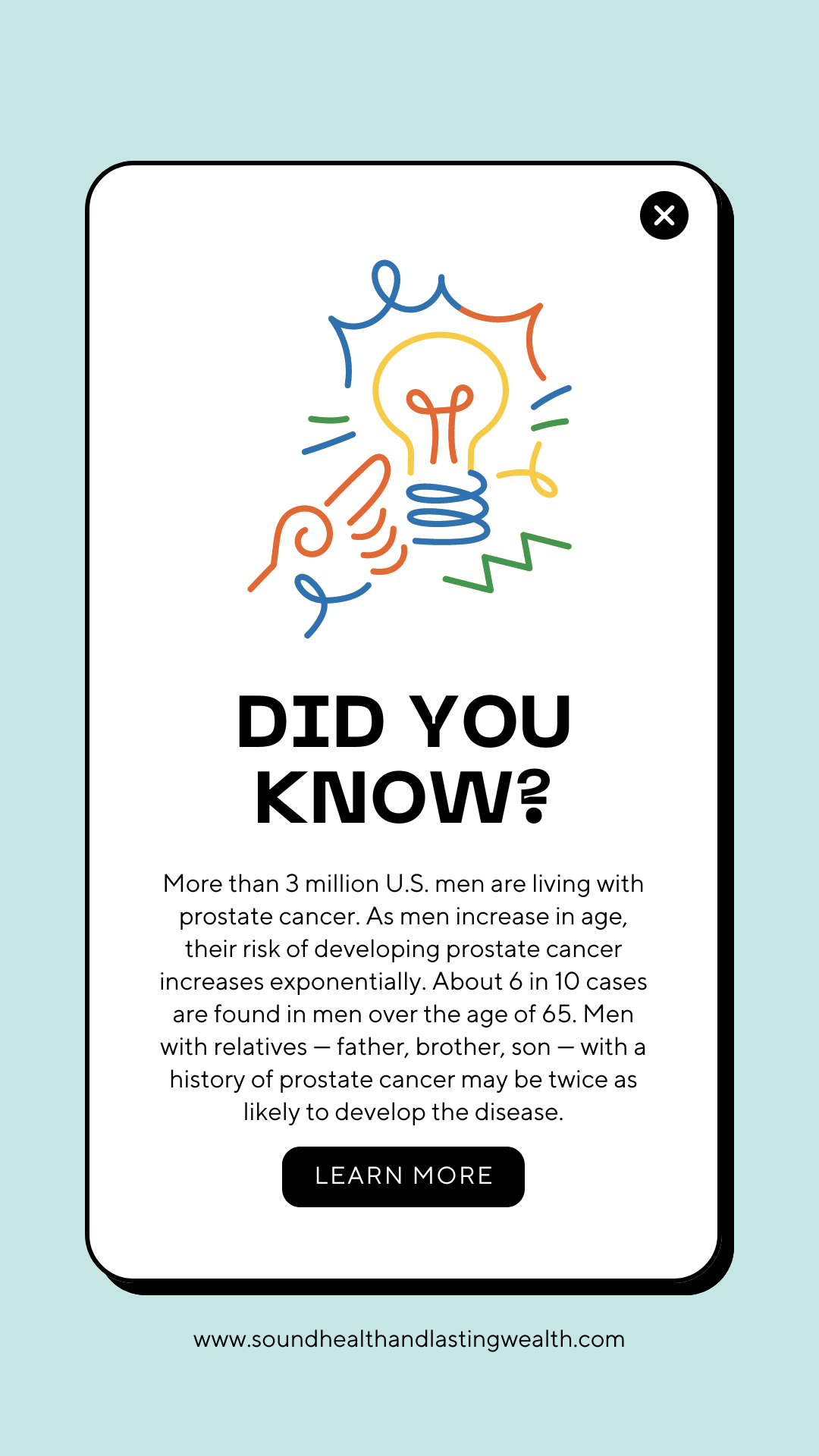Renowned travel host Rick Steves Reveals Prostate Cancer Diagnosis, known for his insightful explorations of Europe, recently shared a deeply personal update: he has been diagnosed with prostate cancer. This announcement, made on social media, not only highlights his health journey but also reflects his optimistic outlook and the lessons he hopes to take away from this experience. Steves’ perspective on life and travel offers a unique lens through which we can understand resilience and gratitude in the face of adversity.

Rick Steves’ Prostate Cancer Diagnosis
On August 21, 2024, Rick Steves publicly revealed his prostate cancer diagnosis, expressing a sense of optimism about his condition. At 69 years old, he stated, “If you’re going to get cancer, this is a good kind to get,” reassuring his followers that thorough examinations show no signs of the cancer having spread. Steves plans to undergo surgery at the Fred Hutchinson Cancer Center in Seattle later this fall. His confidence in his medical team and the support from friends and family are central to his positive outlook as he prepares for this significant health journey.
I’d like to take a moment to share some important news. I have been diagnosed with prostate cancer. My doctor assures me that, if you’re going to get cancer, this is a good kind to get, and careful scans show no sign of it having spread. There is a clear path forward to getting… pic.twitter.com/1HpZFQrCwI
— Rick Steves (@RickSteves) August 22, 2024
Rick Steves’ Journey and Philosophy
Rick Steves’ journey and philosophy reflect his deep commitment to travel as a transformative experience. Known for his extensive work in travel writing and television, particularly through his program Rick Steves’ Europe, Steves encourages travelers to immerse themselves in local cultures and explore beyond the typical tourist paths.
Embracing Local Cultures
Steves advocates for a travel philosophy that emphasizes authentic experiences. He believes that engaging with local communities allows travelers to gain a richer understanding of the places they visit. This approach not only enhances the travel experience but also fosters a sense of connection and empathy towards different cultures. His guidebooks, such as Europe Through the Back Door, are filled with tips on how to navigate less-touristy areas and interact meaningfully with locals.
Travel as a Learning Experience
For Steves, travel is not just about visiting new places; it is about learning and personal growth. He often reflects on how stepping away from familiar surroundings provides a fresh perspective on life. In a recent interview, he noted, “Sometimes, by stepping away from your home and viewing it from afar, you gain a deeper understanding of it.” This philosophy underscores the idea that travel can be a powerful tool for self-discovery and understanding broader global issues.
Resilience and Optimism
In light of his recent prostate cancer diagnosis, Steves’ philosophy has taken on new dimensions. He views his health challenge as an extraordinary journey, akin to his travels. Expressing gratitude for the support he has received, he stated, “I have lots more to be thankful for.” His optimistic outlook, even in the face of adversity, serves as an inspiration to many, reinforcing the idea that challenges can lead to personal growth and renewed appreciation for life.
Future Plans and Aspirations
Despite his diagnosis, Steves remains committed to his work and plans to continue traveling and sharing his insights with audiences. He has expressed excitement about upcoming projects and collaborations, indicating that his passion for travel and education will remain a central part of his life. This determination to maintain his travel philosophy, even during difficult times, exemplifies his belief in the power of exploration and connection.
Steves expressed excitement for future collaborations and friendships, stating, “I look forward to many more years filled with joyful journeys.”
View this post on Instagram
Understanding Prostate Cancer
Prostate cancer is the most common cancer among men in the United States, with the National Cancer Institute noting it as the second leading cause of cancer death among men. The disease typically grows slowly, and many patients, particularly those in good health, may opt for surgery as a primary treatment. According to recent statistics, the five-year survival rate for localized prostate cancer is nearly 100%, highlighting the importance of early detection and intervention.
What is Prostate Cancer?
Prostate cancer originates in the prostate gland and is characterized by the uncontrolled growth of tumor cells. According to the American Cancer Society, about 1 in 8 men in the United States will be diagnosed with prostate cancer during their lifetime. The risk is higher in African American men and those with a family history of the disease.
Risk Factors
Several factors can increase a man’s risk of developing prostate cancer. These include:
- Age: The risk of prostate cancer increases with age, with most cases occurring in men over 50.
- Family History: Men with a close relative (father or brother) who has had prostate cancer are at a higher risk.
- Ethnicity: African American men have a higher incidence of prostate cancer compared to other ethnic groups.
- Genetics: Certain genetic mutations, such as those in the BRCA1 and BRCA2 genes, can increase the risk of prostate cancer.
Lifestyle factors, such as diet and exercise, may also play a role in prostate cancer risk. A study published in the British Journal of Nutrition (2015) found that a diet high in fruits and vegetables may help reduce the risk of prostate cancer.
Symptoms and Diagnosis
In the early stages, prostate cancer often has no symptoms. However, as the tumor grows, it may cause:
- Difficulty urinating
- Weak or interrupted urine stream
- Frequent urination, especially at night
- Blood in the urine or semen
- Pain in the back, hips, or pelvis
If prostate cancer spreads to other parts of the body, it may cause additional symptoms, such as bone pain and weight loss. Diagnosing prostate cancer typically involves a combination of tests, including:
- Digital Rectal Exam (DRE): A doctor inserts a gloved, lubricated finger into the rectum to feel for any abnormalities in the prostate.
- Prostate-Specific Antigen (PSA) Test: A blood test that measures the level of PSA, a protein produced by the prostate. Elevated PSA levels may indicate cancer, but can also be caused by other conditions.
- Biopsy: If the DRE or PSA test suggests prostate cancer, a biopsy may be performed to confirm the diagnosis and determine the severity of the disease.
Regular screenings, especially for men at higher risk, are crucial for early detection and better treatment outcomes.
Treatment Options
The treatment for prostate cancer depends on several factors, including the stage of the cancer, the patient’s age, overall health, and personal preferences. Treatment options include:
- Active Surveillance: For some men with low-risk, slow-growing prostate cancer, active surveillance may be recommended. This involves closely monitoring the cancer through regular PSA tests, DREs, and biopsies, with the goal of delaying or avoiding treatment.
- Surgery: Radical prostatectomy is a surgical procedure that removes the entire prostate gland and some surrounding tissue. This may be an option for men with localized prostate cancer who are otherwise healthy.
- Radiation Therapy: External beam radiation therapy uses high-energy X-rays to destroy cancer cells. Brachytherapy, or internal radiation therapy, involves placing radioactive seeds directly into the prostate.
- Hormonal Therapy: Also known as androgen deprivation therapy (ADT), hormonal therapy aims to reduce the levels of male hormones (androgens) in the body, which can slow the growth of prostate cancer.
- Other Treatments: Additional treatment options include cryotherapy (freezing the prostate to kill cancer cells), high-intensity focused ultrasound (HIFU), and chemotherapy for advanced or recurrent prostate cancer.
It’s important to discuss the potential side effects of each treatment option with a healthcare provider to make an informed decision.
Coping and Support
A prostate cancer diagnosis can be emotionally challenging for both the patient and their loved ones. It’s essential to seek support and resources to help cope with the physical and emotional aspects of the disease.
Support groups, both in-person and online, can provide a sense of community and help patients and their families navigate the challenges of prostate cancer. Organizations like the American Cancer Society and Prostate Cancer Foundation offer a range of resources, including educational materials, support services, and advocacy efforts.
FAQs
Q. What is prostate cancer?
A. Prostate cancer occurs when cells in the prostate gland grow uncontrollably. It is often slow-growing and can be managed effectively with early diagnosis.
Q. What are common treatments for prostate cancer?
A. Treatment options include surgery, radiation therapy, hormone therapy, and active surveillance, depending on the stage and aggressiveness of the cancer.
Q. How can I support someone undergoing treatment for prostate cancer?
A. Emotional support, helping with daily tasks, and encouraging healthy habits can significantly aid someone during their recovery.
Conclusion
Rick Steves’ journey with prostate cancer serves as a reminder of the resilience of the human spirit. His optimistic approach and gratitude for life’s blessings inspire us all to cherish our health and the support of loved ones. As he embarks on this new chapter, his story encourages others to face their challenges with hope and positivity.
Also Read | Prostate Cancer Cases Expected to Rise by 25% in 2050 Despite Prevention Efforts









